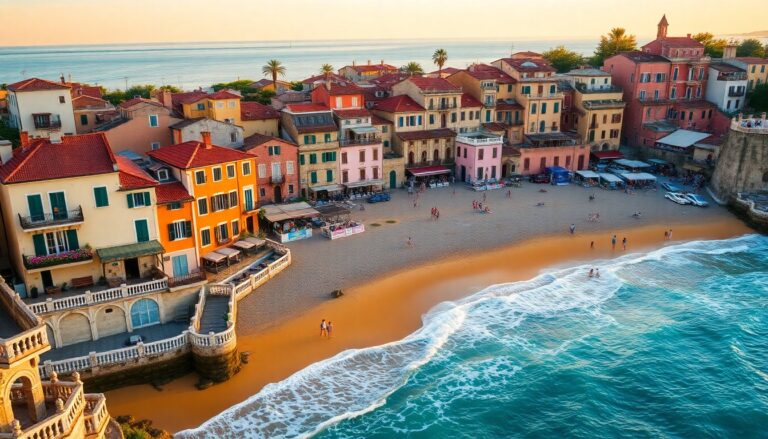For many Italians, the aspiration of owning a second home by the sea represents a cherished goal. This retreat offers an escape from the daily grind, serving as a sanctuary for vacations and weekend getaways. However, before pursuing this desire, it is crucial to examine the financial complexities involved in such
an investment to ensure its long-term viability and rewards.
Initial costs and ongoing expenses
When considering the purchase of a second home, the most evident cost is the purchase price. However, buyers often overlook additional financial responsibilities that accompany property ownership. Notably, second homes do not qualify for the same tax benefits afforded to primary residences, which can lead to increased fiscal burdens.
Taxes associated with second homes
Owning a second property involves various taxes, including the IMU (property tax), TARI (waste tax), and IRPEF (income tax). Depending on the property’s location and characteristics, these taxes can range from €500 to €900 annually. The IMU, specifically levied on second homes, is calculated based on the property’s cadastral value. While some tax reductions exist—such as for historical properties—the overall financial impact can be substantial.
In addition to taxes, homeowners
must account for utility costs. Even during periods of non-occupancy, expenses for electricity, water, and gas continue to accrue. Furthermore, if the property is part of a residential complex, condominium fees will contribute to ongoing costs. These expenses can accumulate quickly, necessitating careful financial management.
The advantages of a second home
Despite the financial responsibilities, owning a second home by the sea offers considerable benefits. It serves as a personal retreat, eliminating the need for hotel bookings during peak seasons, which can result in substantial savings on travel and accommodation costs. Additionally, homeowners have the option to rent out their property during periods of absence, generating supplementary income that can help offset management expenses.
Making the right purchase decision
When contemplating the purchase of a seaside property, various factors must be assessed, including location, available amenities, and proximity to the beach. Italy boasts numerous options, making thorough research essential to identify a property that aligns with individual preferences and needs. Utilizing specialized platforms can streamline this process, allowing prospective buyers to filter searches based on criteria such as price, size, and area.
If you already own a second home but find it underused, consider renting it out. This strategy can effectively cover management costs while still allowing personal use when desired. In a dynamic real estate market, it may also be advantageous to sell the property during peak demand periods, particularly in sought-after locations.
Balancing costs and opportunities
While the financial obligations associated with a second home by the sea can seem daunting, the potential rewards can make this investment worthwhile. Careful consideration of all financial aspects, along with strategic planning, is critical for making informed decisions that can lead to years of enjoyment and relaxation.

